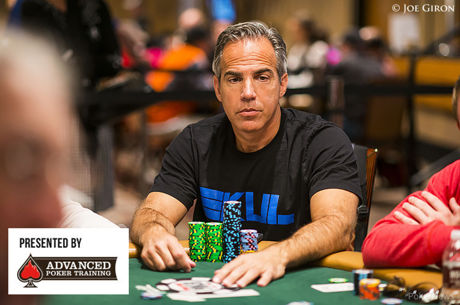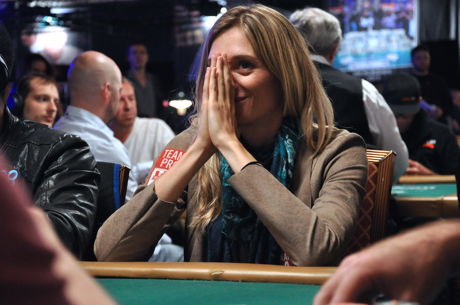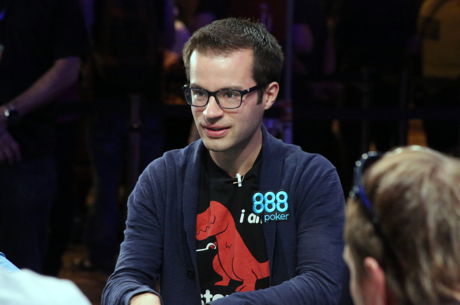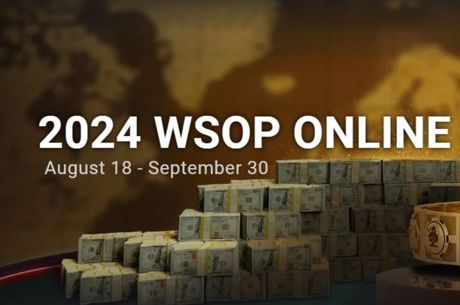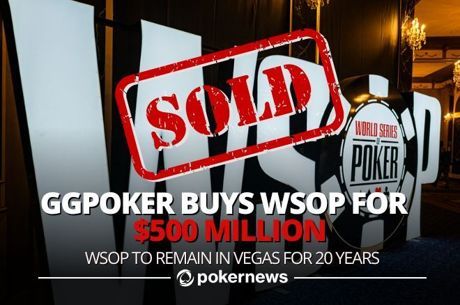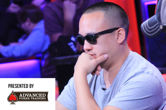What Do the Rules Say About Using a Push/Fold Chart at the World Series of Poker?
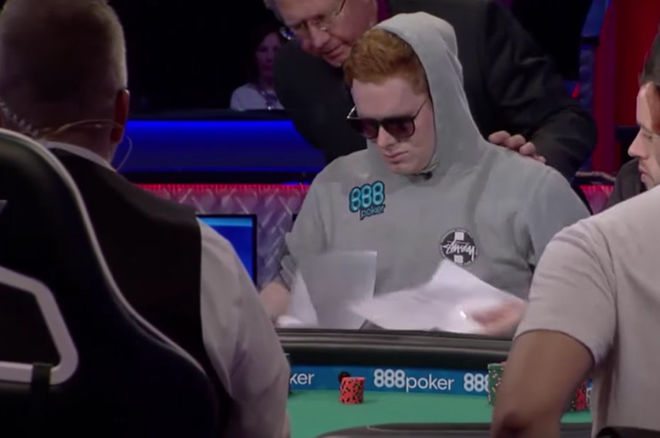
Episode 7 of the World Series of Poker on ESPN kicked off with a short discussion between Jason Mcconnon and Kenny Hallaert about a piece of paper.
Mcconnon, with 1,995,000 in chips just under the average of 2,526,500, brought a so-called push-fold chart that tells players which hands they should push and which hands they should fold in what position once down to a certain amount of big blinds.
Hallaert immediately objected to the use of the information on the sheet of paper. Mcconnon, however, seemed sure he was allowed to use it.
The first hand, action folded to Mcconnon and he picked up A?Q? in middle position. With the blinds at 40,000/80,000 and an ante of 10,000, he reached for the papers in his lap to see how to play his 50 big blind stack. Hallaert objected and asked for a ruling.
What wasn't shown in the broadcast was that the floor initially did not forbid the use of the sheets of paper. Hallaert asked for a second opinion and Tournament Director Jack Effel came to the table and ruled the following:
So listen, the way that any of those things work, it's just like anything else. While you're in a hand, you can't use any kind of tools, you can't use any aide, anything like that. When you're out of the hand, you're more than welcome to reference anything that you have, your notes or anything like that, but not during the play of hands.
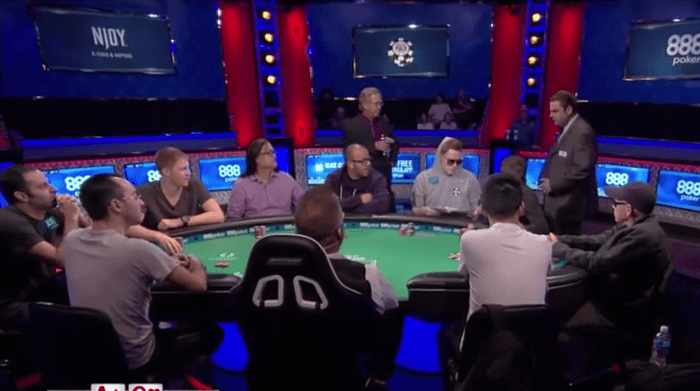
Mcconnon wasn't convinced just yet, but proceeded to play the hand without checking the charts again. Mcconnon must have checked the WSOP rules before he started playing Day 6 of the Main Event because he seemed so sure.
What Do the Rules Say?
Let's see what the WSOP 2016 Rules say on this subject.
The first rule in the 2016 WSOP rule book under the 'Participant conduct and tournament integrity' section is no cheating allowed. Technically, the use of the push fold chart could be ruled a cheating device, though that would be a very liberal interpretation of the rule.
40. The competitive integrity of all Tournament play at the WSOP is paramount. All participants must adhere to the spirit and letter of the Official Rules of the WSOP that forbid play or any action that is illegal, unethical or constitutes cheating or collusion in any form.
- 40.a. Cheating is defined as any such act engaged in by a participant to break the established rules of play to gain an advantage.
- Cheating includes, but is not limited to, acts such as: Collusion; chip stealing; transferring non-value tournament chips from one event to another; introducing chips not intended for an event into an event; card marking; card substitution; or the use of any kind of cheating device.
One could rule the use of the sheet compromises the competitive integrity of the WSOP, as stated in rule 40.f. That's not, however, what Effel refers to in his explanation in the broadcast.
- 40.f. Anyone found to have engaged in or attempted to engage in any act that tournament officials believe in their sole and absolute discretion compromises or could compromise the competitive integrity of the WSOP will be subject to sanctions imposed by Rio.
Two rules that hint at relevance to the issue here are Rule 63 and Rule 110. They don't, however, come close to the situation at hand; Mcconnon does not use an electronic device (Rule 63), nor does he have the piece of paper on the table itself (Rule 110):
63. Communication: All cell phones and other voice-enabled and ��ringing�� electronic devices must be silenced during tournament play. Participants not involved in a hand (cards in muck) shall be permitted to text/email at the table, but shall not be permitted to text/email any other participant at the table. If Rio, acting in its sole and absolute discretion, believes a participant is communicating with another participant at the table, both parties will be immediately disqualified from the tournament and face imposition of additional penalties as described in Rule 40. [...] No cell phones or other electronic communication device can be placed on a poker table.
110. Foreign Objects: There will be no foreign objects on the table except for a maximum of one card cap (also known as a card protector). Card caps can be no larger than two (2) inches in diameter and no more than one-half (1/2) inch in depth. Participants may not place any food or beverages on the poker table with the exception of one (1) capped bottle of water.
In fact, the entire rule book does not mention anything concerning the use of an 'aide' or 'tool' or anything concerning getting 'assistance' during a hand from something other than a player (collusion). In the end, it's Rule 56 that really plays here, the rule that warrants the tournament floor and director to do what's in the best interest of the game:
56. Floor People: The tournament director, managers and supervisors are to consider the best interest of the game and fairness as the top priority in the decision-making process. Unusual circumstances can on occasion dictate that decisions in the interest of fairness take priority over the technical rules. The tournament director (��TD��) reserves the right to overrule any floor decision.
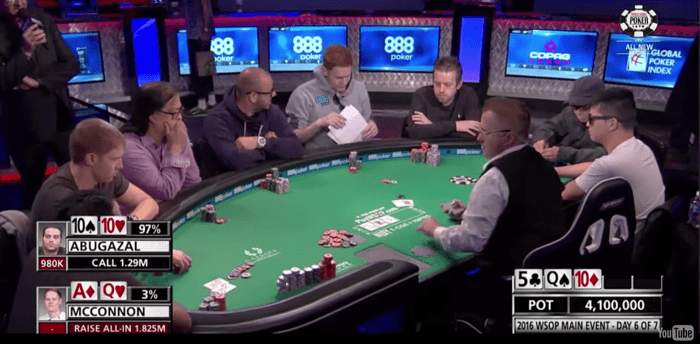
The Right Decision?
In my eyes, Jack Effel absolutely made the right decision forbidding the use of the documentation during the hand. To me, it's clear that a specific rule concerning the use of any outside help is missing from the rule book at the moment and should be included next year.
But where do we draw the line if such a rule would be included next year? For example, are people allowed to have the payouts printed and consult those when the tournament is on a bubble? What do you think?

